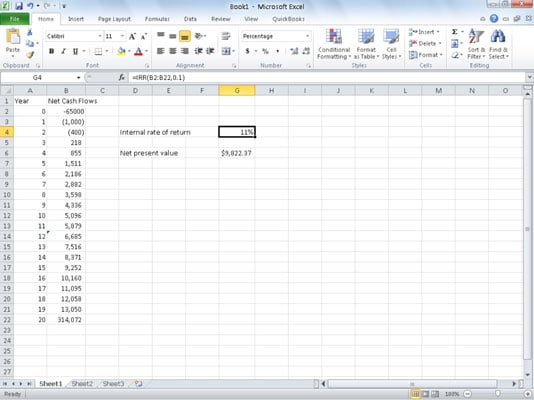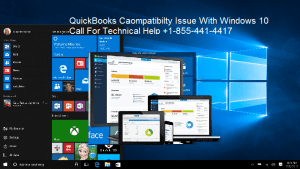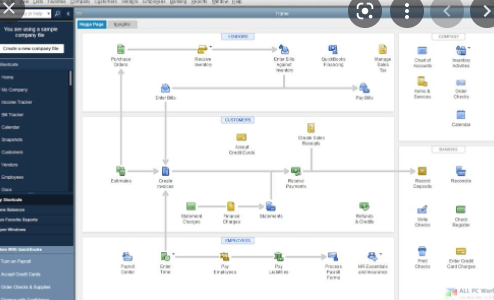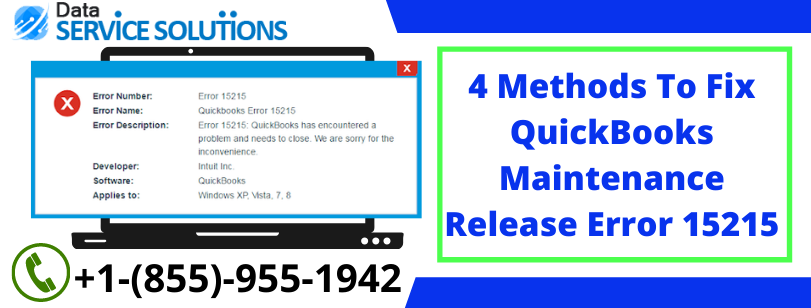
- #Quickbooks 2013 and windows 10 update#
- #Quickbooks 2013 and windows 10 upgrade#
- #Quickbooks 2013 and windows 10 Pc#
- #Quickbooks 2013 and windows 10 download#
#Quickbooks 2013 and windows 10 upgrade#
Rumors have circulated that Windows 11 would take over all Windows 10 computers within weeks of the release and force an upgrade… that simply isn’t true! As you can tell from the content above, many computers simply won’t, and never will be able to upgrade to Windows 11. So, What if Your System Won’t Support Windows 11?
#Quickbooks 2013 and windows 10 Pc#
The eligibility check functionality in Microsoft's PC Health Check app for 'Windows Insiders' includes improved messaging on eligibility and links to relevant support articles that include potential remediation steps. Microsoft says they use criteria like ‘reliability’, ‘security’ and ‘compatibility’ in determining the acceptability of processors, but it seems hard to imagine that an Intel processor released one month before another Intel processor with a slightly different model number that was used in thousands of OEM installations had any less reliability, security or compatibility than the processor that was approved while the other was not 1. While they have made some additions to the list of acceptable processors in the most recent system requirement update, the list still seemingly omits a lot of processors that are more than a couple of years old. Microsoft has established strict requirements for the 64-bit processors that can be used with Windows 11 systems and the reality is that a lot of systems have processors that are not going to support the new OS no matter how much RAM or storage memory you add. I assume you already realize that we are only talking about 64-bit systems for Windows 11. I am not even talking about 32-bit vs 64-bit processors. A lot of people are going to be surprised if they have been adding system memory, and perhaps increasing their hard drive capacity, to be able to deal with the requirements of the new OS, because they most likely forgot about one of the essential requirements for a more sophisticated operating system… the processor.
#Quickbooks 2013 and windows 10 update#
Microsoft has just provided a comprehensive update on the ‘ minimum system requirements’ for Windows 11 and a new ‘PC Health Check app’ that will show you almost instantly if your computer meets those minimum requirements. Until today they have really been guessing at what all they would need to truly be ready for the newest Microsoft Operating System.

I have since turned off the ‘Windows Automatic Update’ function until I know this will not happen again in future update.Īny thoughts or advice would be greatly appreciated.A lot of people think they are ready for Windows 11, or they are rushing around trying to get ready. Has anyone experienced anything like I did as a result of the Windows 10 Anniversary Update?

The down side is that I now have to renter a week’s worth of business data into Quickbooks (invoices, billing, labor hours etc.) I ended up having to reload the Quickbooks.qbw file that I had backed up from a week ago. (Even though the files was dumped during the latest Windows 10 update). Unfortunately, after speaking with Microsoft on 3 different calls and with 3 different agents, they all basically told me they 'DO NOT’ support any third party program that’s installed on my machines and there is nothing they can do for me. They suggested that I reached out to Microsoft tech support. QuickBooks tech support thought may be the file got moved/placed to a Windows.old folder during the update, but we can't find the Windows.old folder anywhere, both after the update and after I rolled back the update to the previous Window 10 version. However, the QuickBooks company file is still missing and nowhere to be found. I was able to re-establish the networking of the 2 machines. Both machines are now back on Windows 10 to the previous version 1511. I have since uninstalled the Windows 10 Anniversary update (version 1607) and rolled back both machines by way of the ' Go back to an earlier build' process. Even though the Network Discovery setting for both machines were set to "ON' and the 'Sharing' functions were turned on. The 2 machines were networking together prior to the update and since the update, I was no longer able to maintain the networking of the 2 machines. Neither I or QuickBooks tech support was able to locate the file anywhere in my system.Ģ. My QuickBooks Company File (.qbw) has been completely wiped off my computer.

After that process was completed, I rebooted the machines, and discovered the following 2 major issues:ġ. This morning, I have to restart the machines and waited for them to complete the installation.
#Quickbooks 2013 and windows 10 download#
Both Machines received a download and of the latest Windows 10 Anniversary update (version 1607) (KB3176929) overnight.

I've been using Windows 10 since November of 2015 on my 2 Dell Precision M6800 laptops.


 0 kommentar(er)
0 kommentar(er)
